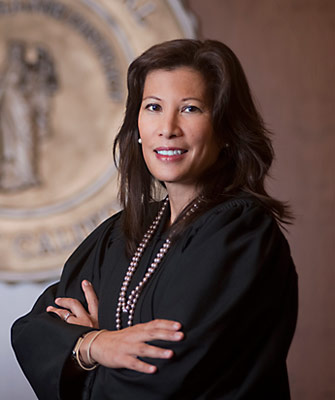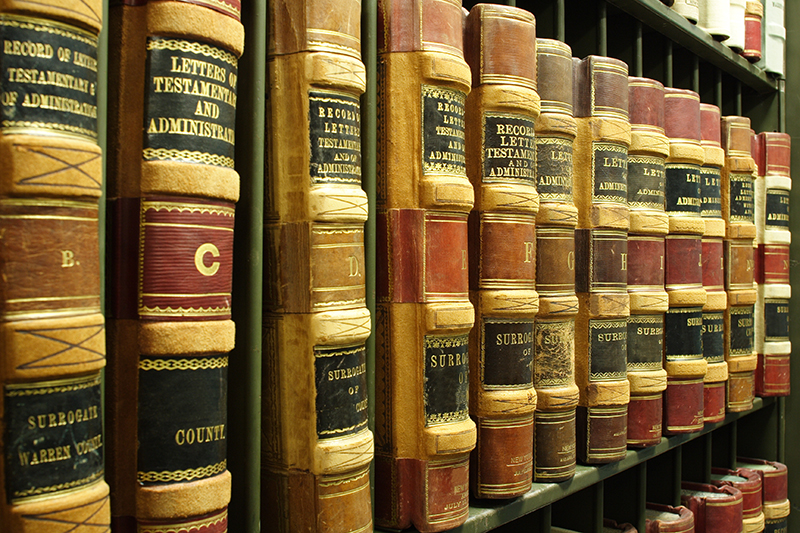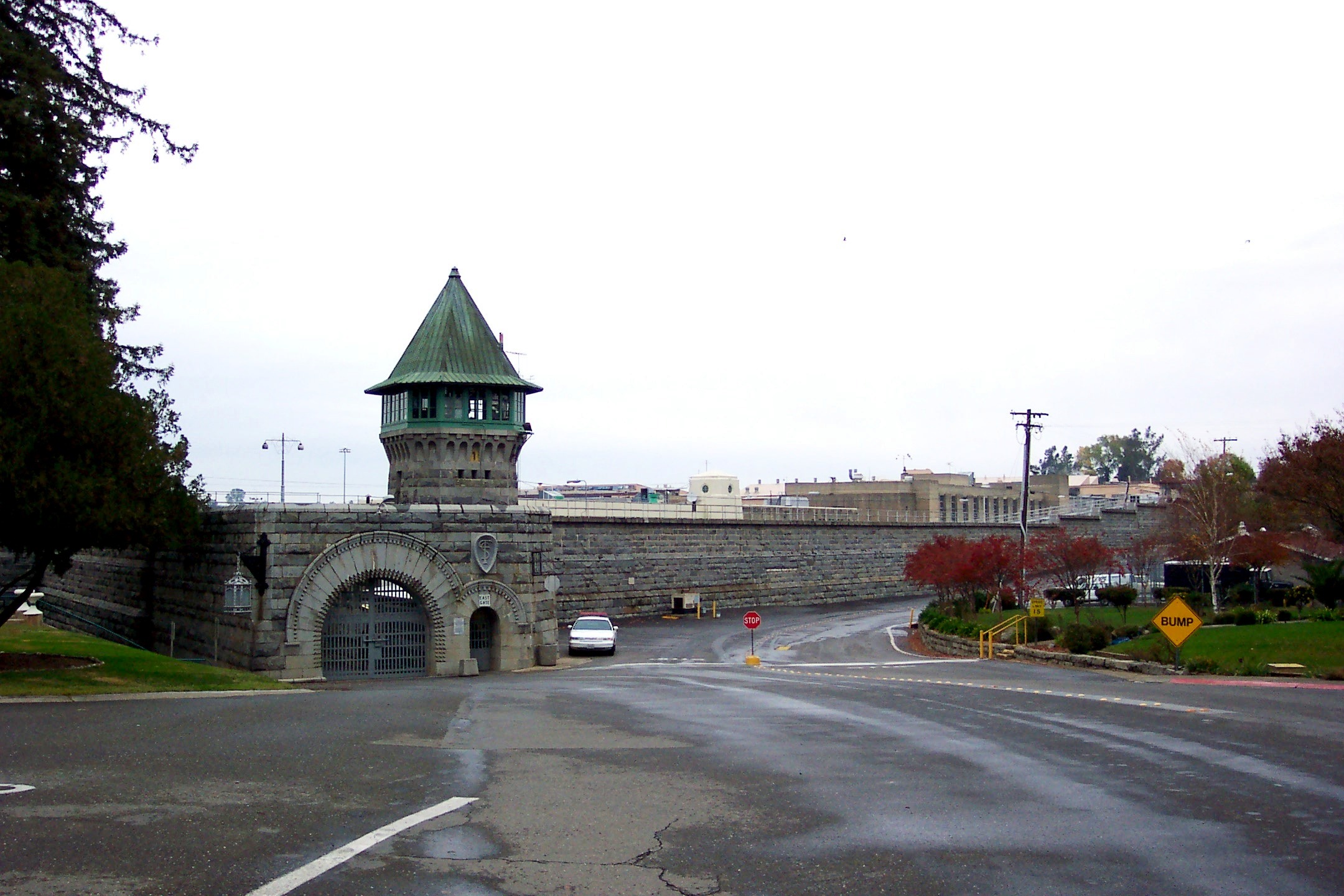
The California Judicial Council. (Photo: Facebook)
California Ends Controversial ‘Zero Bail’ Policy That Allowed Quick Release of Criminal Suspects
As coronavirus fears, county cases subside, the state Judicial Council decided to bring bail back 17-2
By Evan Symon, June 10, 2020 10:02 pm
On Wednesday, the California Judicial Council ended the temporary $0 bail policy that had severely reduced the number of incarcerated criminals at the height of coronavirus spread in the state. The zero-bail policy was a state rule that allowed people arrested for “minor” offenses to be released without paying any bail.
In a 17 to 2 decision, bail will now be active again starting June 20th for crimes in California, including misdemeanors and felonies. Justice Marsha Slough added that individual counties can still keep the policy in place “Where necessary to protect the health of the community, the courts, and the incarcerated.”
The $0 bail policy had begun in mid-April due to concerns about heightened coronavirus spread in California prisons due to close living conditions and being unable to socially distance effectively. While the policy had been expected to end in July, the 20,000 criminals who were not put into prisons and jails because of not paying bail greatly reduced the projected rates among inmates. The steady progression of reopening and a renewed focus on county over state needs also factored into Wednesday’s decision.
Some counties, such as San Francisco and Alameda, are currently asking for $0 bail to continue. Alameda County in particular wants to keep it until January, when cashless bail could come into effect if Californians vote to outlaw cash bail in November. Alameda County Chief Public Defender Brendon Woods cited the current George Floyd protests as another reason to not immediately reintroduce it.
Alameda County Chief Public Defender Brendon Woods had asked the council to keep it in place until January.
“Rescinding the emergency bail schedule early is a great example of exactly the kind of systemic racism people are protesting against,” explained Woods on Wednesday.
Others expressed that a return to bail would lead to a huge spike in inmates.
“With the protests going on still, that’s a lot of potential people possibly going behind bars,” noted Del Russell, a lawyer who often provides pro bono work for those facing small offenses. “Either this will be a big deterrent or this will be another thing they’ll be going out there against. Even if they go after those rioting or vandalizing property, that’s a lot of people in California who may not be able to pay bail clogging up the system.”
“We’ll see with time, but this has been a big worry.”
In addition to bail returning, California Chief Justice Tani Cantil-Sakauye also ended the order allowing for extra arraignment time. All criminals currently under this delay must now go before a judge by Friday.







